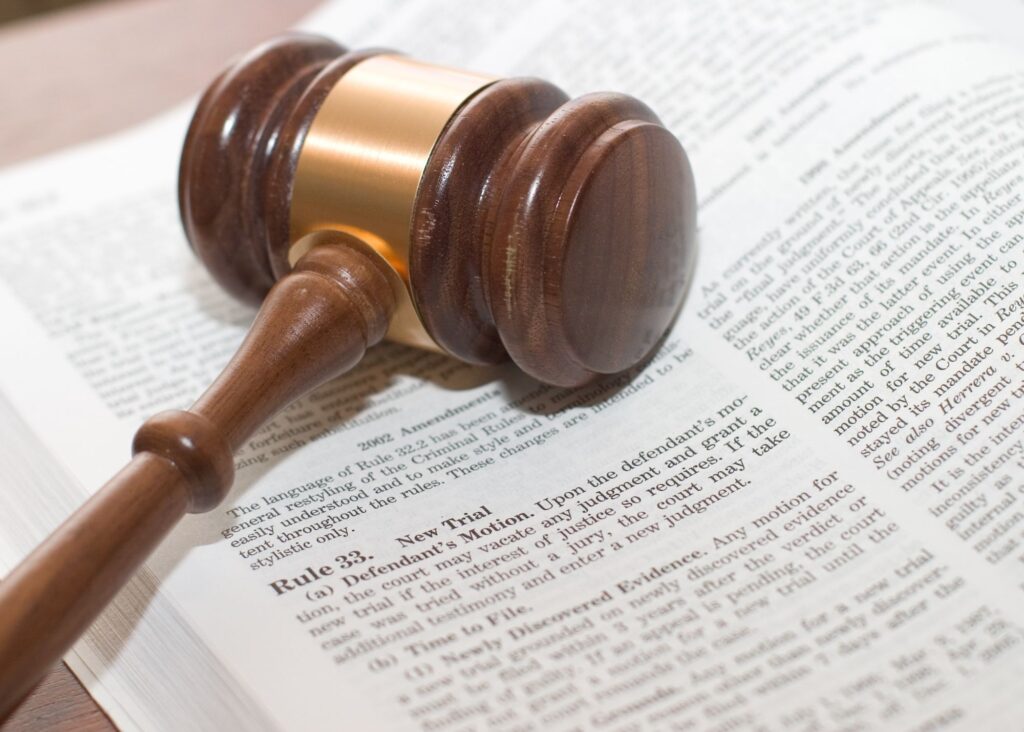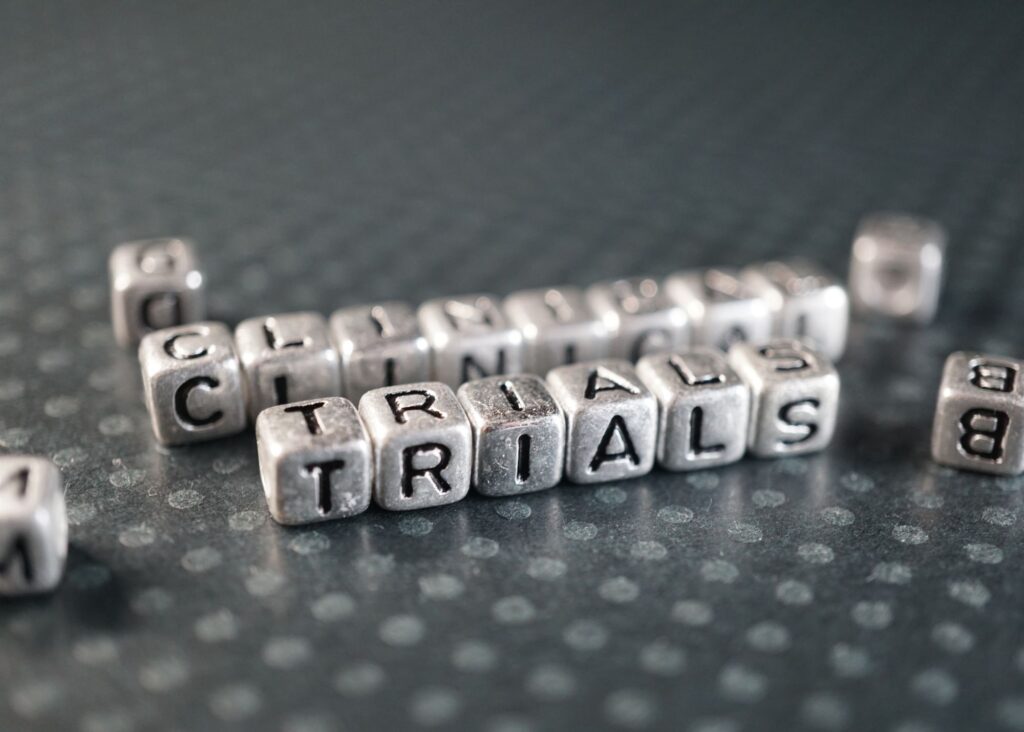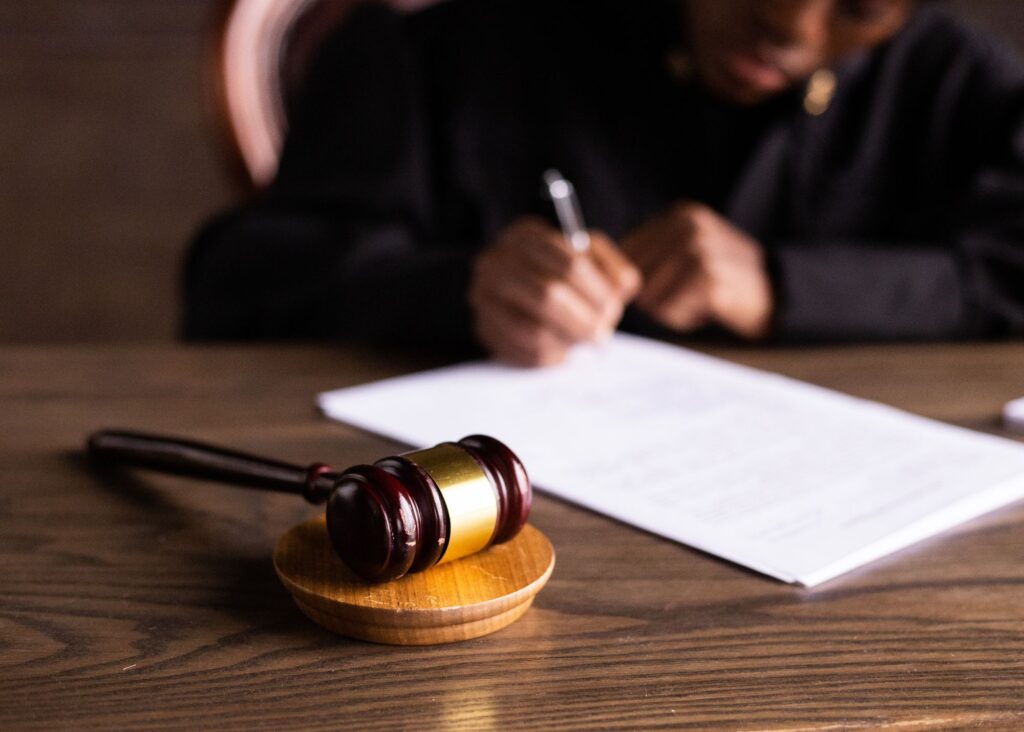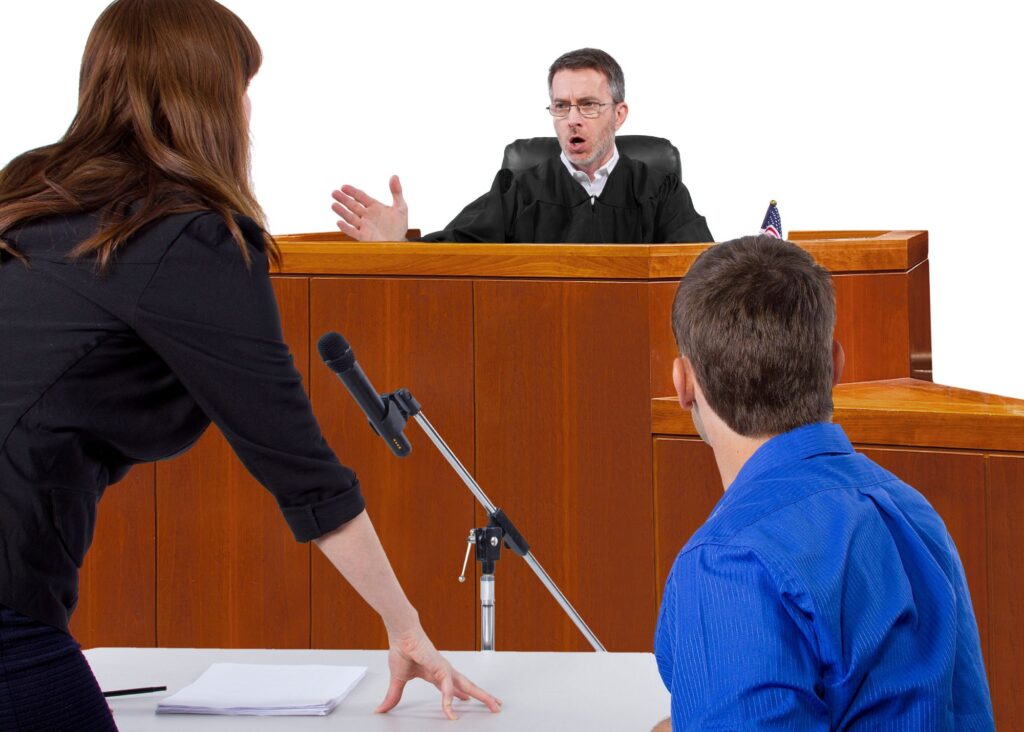The ordinary trial is usually the most complex civil proceeding in practice and at the same time usually has a higher time limit in its processing. Due to the subject matter of the litigation as well as the amount involved, the legal practice necessary to effectively carry out this type of process usually requires a certain specialization given the complexity that these processes can acquire.
Trial
The ordinary trial has, in its judicial procedure, some fairly simple guidelines to understand, which we will summarize, so that any person knows what is the judicial process in which its procedure is and, in practice, what these procedures may entail.
The process will be initiated by a lawsuit signed by a Lawyer and with mandatory procedural representation (Attorney). The claim is almost the most important part, it must be well drafted and set out the object of the litigation (art. 399 LECiv), since according to art. 412 LECiv it cannot be altered later, except for complementary allegations. Also attach as many copies as there are defendants and also, the documents that, for the admission of the lawsuit, in the case that the law expressly requires it.

Once the lawsuit has been filed, it is usual that the Judicial Secretary admits it by means of a Decree, rarely will the Judge be informed in order to admit the lawsuit (art. 404 LECiv). Once the lawsuit is admitted, it is transferred to the defendants so that they can answer the lawsuit within a non-extendable period of 20 days.
The answer to the lawsuit will be drafted in the same manner indicated by the Law for the lawsuit. In the answer, the defendant will deny or admit the facts adduced in the lawsuit, that is to say, the defendant will defend its position in the process against the plaintiff.
Also in this answer, the defendant can sue the plaintiff, by means of the counterclaim, which is nothing more than the drafting of a new claim against the one who has sued first. Of course, the plaintiff will have 20 days to answer the counterclaim.
Subsequently, and once the response to the claim or, as the case may be, to the counterclaim has been filed, the Court Clerk will summon the parties to a Preliminary Hearing prior to the oral trial.
At the Preliminary Hearing the parties must be assisted by their counsel and, if they consider it necessary and do not wish to attend in person, represented by an attorney with the necessary special powers, the granting of this power is indispensable, in case of non-attendance, otherwise the party will be deemed not to have appeared.

In this Preliminary Hearing it will be tried primarily that the parties reach an agreement or try a mediation to reach the same. The aim is to avoid unnecessary trials.
Even so, if the parties are still in confrontation in the Preliminary Hearing, the Judge will continue to resolve the preliminary procedural issues, then the object and ends of the process will be precisely established and finally the evidence to be used in the trial will be proposed and admitted. The order in the Preliminary Hearing is important (as in the rest of the process) and once the procedural moment is over, it is not possible to allege issues that should have been alleged at the appropriate procedural moment.
The Preliminary Hearing may end:
- By dismissal of the proceeding, in the event that the plaintiff does not appear in due form and the defendant does not wish to continue with the proceeding. Likewise, the process will also be dismissed if none of the parties appear.
- By Judgment (20 days to issue it), if only the defendant appears and he/she wants to continue.
- By agreement between the parties, who can request the judicial homologation of the same.
- By Judgment (to be issued within 20 days), in the event that the discrepancy in the litigation is merely on legal issues.
- By the admission of evidence for trial and the scheduling of the oral trial.
- The oral trial will be scheduled to be held within one month from the end of the Preliminary Hearing or also within 2 months if any evidence has to be taken outside the seat of the Court (obviously this is never done, the courts’ agendas are overcrowded).
The purpose of the trial will be:

- Practice of evidence of declaration of the parties and testimonial.
- Oral and contradictory reports of experts.
- Judicial recognition, in its case.
- Reproduction of words, sounds and images.
- The parties must appear in the trial with Lawyer and Procurator, otherwise they will be considered not to have appeared.
If none of the parties appear, the trial will be considered for Judgment. If only one party appears, the trial will continue with what that party says. If both parties appear, the trial will continue with the oral hearing of the ordinary trial.
If a violation of Fundamental Rights is alleged by any party, this will be resolved prior to the taking of evidence.
If there are new facts known after the Preliminary Hearing, the parties will be heard and evidence will be proposed and admitted only with respect to these new facts.
Once the evidence has been taken, the counsels will orally formulate their conclusions. Once the conclusions have been presented, each counsel will specify the legal arguments in support of his claims.

If the Judge or the Court does not consider himself sufficiently enlightened, he will again give the floor to the parties as many times as he deems convenient, so that they may make the appropriate statements on the issues he requires.
Finished this last step the oral trial will be seen for Judgment, and the Judge or Tribunal will declare it so. The sentence will have to be dictated within 20 days from the end of the oral trial.
Do you need a lawyer?
Are you in Baja California Sur, Mexico? Todos Santos, Los Cabos, La Paz, Loreto, San Jose Del Cabo, Los Cabos, El Pescadero? Are you in Nuevo Leon, Mexico? Apodaca, Cadereyta Jiménez, El Carmen, García, San Pedro Garza García, General Escobedo, Guadalupe, Juárez, Monterrey, Salinas Victoria, San Nicolás de los Garza, Santa Catarina and Santiago…
At Cabo Lawyers we seek to satisfy the different legal needs of our clients, both in their business and personal matters. Contact us at: (+52)8119384461, where we will gladly advise you.
